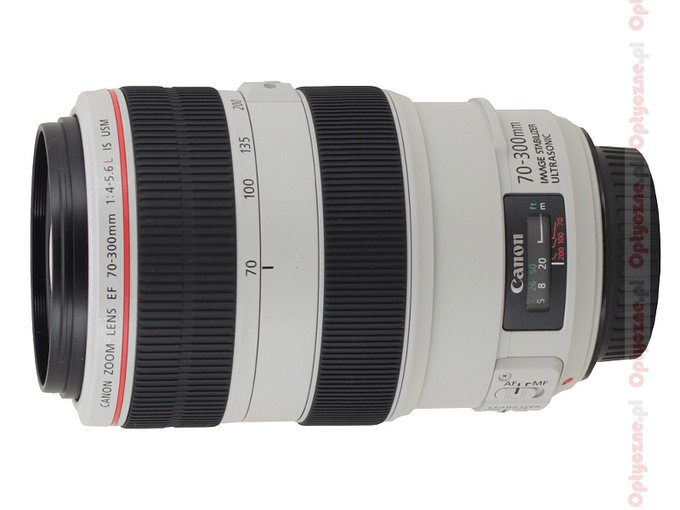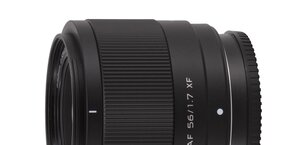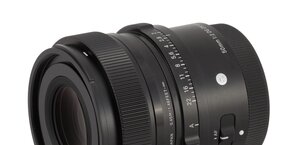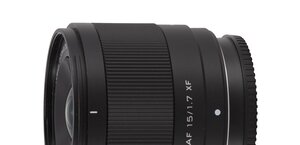Canon EF 70-300 mm f/4-5.6 L IS USM
1. Introduction
That’s why I was so surprised when I heard about a next Canon launch in that segment – that of the Canon EF 70-300 mm f/4.0-f/5.6 L IS USM. There are really a lot of lenses in the Canon line-up which would need refreshing (like, say, the elderly EF 100-400 mm f/4.5-5.6L IS USM which stabilization system is far from what a modern optical construction should have). Meanwhile the company just gives us a new device in a segment featuring already a lot of other lenses to choose from; a device which can be easily substituted by a set of equally priced and of the same quality – I think here of the EF 70-200 mm f/4.0L IS USM and a 1.4x converter.
It is not my role to weigh up pros and cons of such a solution, though. Somebody working for Canon took such a decision and no other; the lens was launched on the market and I, as a tester, should simply check whether the designers of new Canon optics performed well or badly. Feel invited to read the following chapters.
Please Support UsIf you enjoy our reviews and articles, and you want us to continue our work please, support our website by donating through PayPal. The funds are going to be used for paying our editorial team, renting servers, and equipping our testing studio; only that way we will be able to continue providing you interesting content for free. |
- - - - - - - - - - - - - - - - - - - - - - - - - - - - - - - - - - - - - - - - - - - - - - - -
We would like to thank the Canon Poland company for lending us the lens for testing purposes.
You are also invited to get acquainted with our test procedure, described in the article "How do we test lenses?" If you feel it’s still not enough, please go to our FAQ section where you can find some further explanation.
 |







